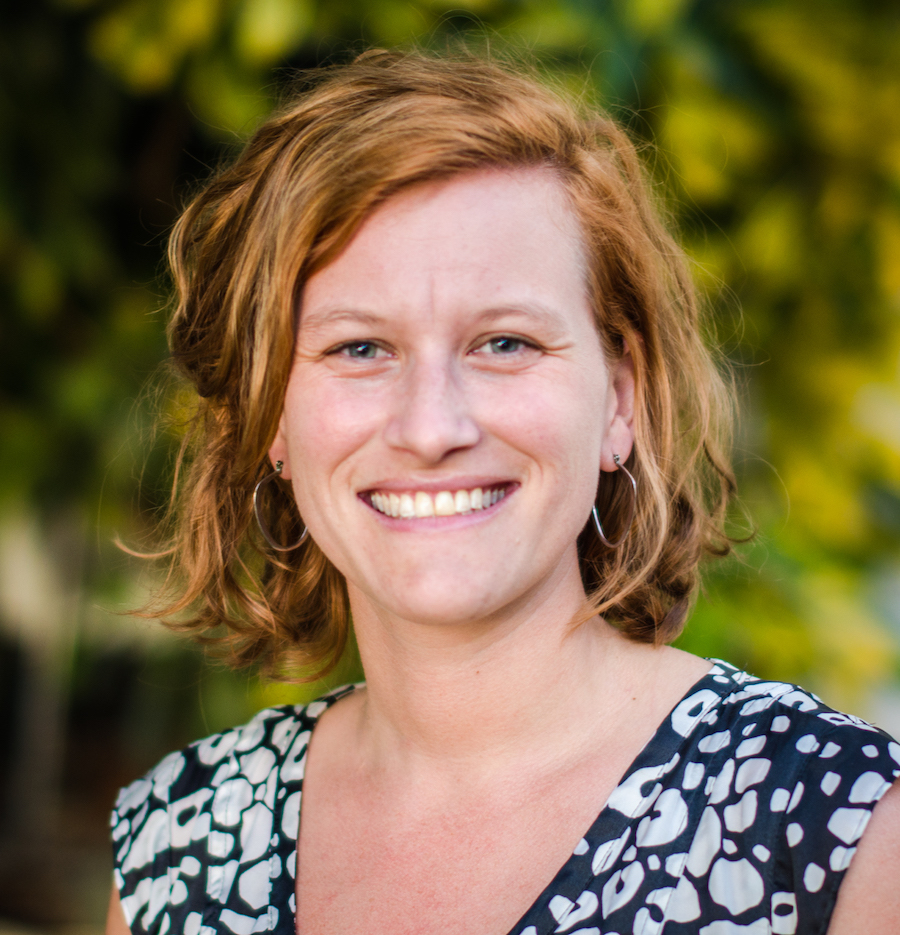Sociology
Feminist and Gender Studies

What is your current job?
I am currently a Project Director at Advancing New Standards in Reproductive Health (ANSIRH), a research center at the University of California, San Francisco. My current research is focused on the impact that state-level laws restricting abortion have on people in the United States. This has been a recent transition for me, since I've actually spent the majority of my career to date focused on reproductive health in an international setting. Most recently, I managed the family planning program in Tanzania for the Clinton Health Access Initiative (CHAI), where I worked closely with the Ministry of Health to increase availability of contraceptive supplies and develop a strategic plan for identifying regional gaps in trained health providers.
Why did you choose this profession?
It can be difficult to point to one reason why I chose to focus my career on reproductive health issues, especially abortion, when they tend to be so contentious. My mother was definitely a key influence on my world perspective when it comes to reproductive justice - she took me to marches in defense of reproductive rights as a child. During my time at Haverford and in the years after, I was drawn to a career where I could work toward ensuring that women around the world had access to equal opportunities. Since first choosing to spend my semester abroad at Haverford in Kathmandu, Nepal, I have strategically made career decisions that have allowed me to gain experience working in sexual and reproductive health in Asia and sub-Saharan Africa.
After over 4 years living in Tanzania, I felt this was a key moment to return to the United States to be true to the values that had first drawn me to working in reproductive rights. From a distance, it was difficult to truly understand the myriad ways in which social inequality persists here. I've spent the past year re-committing to working to reduce those barriers in my own country.
What more do you wish to accomplish in your professional career?
It's no secret that there is a lot more work to do to integrate abortion services into the full spectrum of reproductive healthcare in the United States (and around the world). I can see myself working at a higher level on US reproductive health policy on key issues such as eliminating the Hyde Amendment (which disproportionately impacts low-income women by barring Medicaid from covering abortion services). However, I have not discounted the possibility of returning to international health work, especially as countries move into middle-income status and begin exploring ways to expand family planning services outside of the public sector.
I also always seem to have more education at the back of my mind and I've recently become interested in pursuing an MBA in order to diversify the skills I have at my disposal. The next 5-10 years of public health and international development is going to look vastly different from the last 30+ and technology, entrepreneurship, and public-private partnerships are going to be a key part of that. In my career to date, I've tried to work with organizations pushing against the status quo, and I want to continue to do so.
Tell us about a decision or change you made that turned out to be a positive career move.
Choosing to leave Tanzania and return to the US was not an easy decision considering that I had built up a professional network in maternal and reproductive health and I loved traveling around the region seeing the phenomenal work that my colleagues at CHAI were supporting. That being said, I do want to have the flexibility to work in both the US and overseas throughout my career, and I had limited work experience in the US in reproductive health. At ANSIRH, I have had the opportunity to join a community of researchers who are asking difficult questions and pushing the envelope on how what we think we know about abortion in our country. I've also gotten to travel around the US to places I've never been to before (Kansas, North Dakota, Texas, etc) which has continued to broaden my understanding of the disparities to access that exist. I've also been able to spend more time with my family and friends which is fantastic after so many years abroad.
How has Haverford influenced your professional career?
Haverford provided exactly the type of educational environment I was seeking as an 17 year old who had no idea what my career would look like - one in which I could explore the numerous topics I was interested in. I took classes in religion, chemistry, statistics, anthropology, and creative writing. I appreciated the ability to be expansive and flexible in the way I chose my classes and ultimately my major, which I ultimately completed in the sociology department at Bryn Mawr. It was also that flexibility that gave me the opportunity to spend the spring of my junior year in Kathmandu with the Cornell-Nepal Study Program. That program is structured around the development of an independent research project, which I felt well-prepared to take on given the rigor of my classes at Haverford up to that point.
One of the other main reasons I chose to attend Haverford was the institutional dedication to values that I wanted to guide my personal and professional life, especially respect, responsibility, and community. I actually have a framed quote from Isaac Sharpless above my desk at work to remind me never to sacrifice the "moral freedom of my conscience and and the intellectual freedom of my judgments". The intellectual curiosity encouraged at Haverford continues to propel my work on contentious political and health issues.